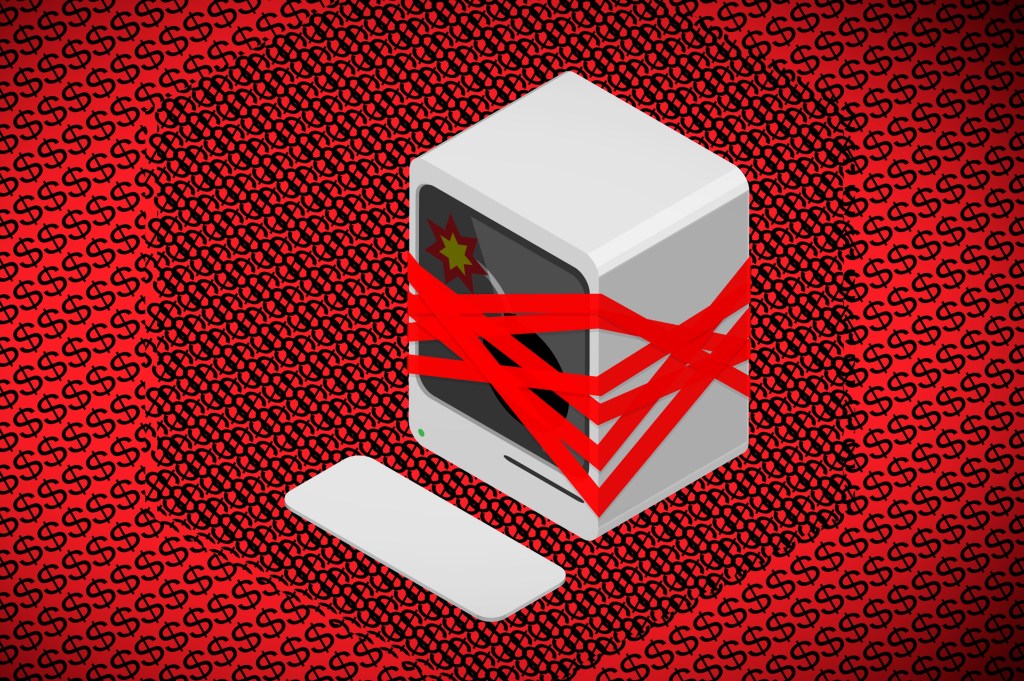US Government Arrests Chinese Hacker for COVID Research Theft and Microsoft Server Attacks
The U.S. government has confirmed the arrest of Chinese national Xu Zewei, a contract hacker accused of carrying out cyberattacks on behalf of the Chinese government. Xu's arrest in Italy marks a significant moment in ongoing efforts to curb global cyber espionage. One of the most pressing questions readers ask today is: Who is Xu Zewei and why is this arrest important? According to the Department of Justice, Xu played a key role in stealing critical COVID-19 research data from U.S. institutions and hacking Microsoft Exchange servers. This blog post dives into what Xu did, how it happened, and why it matters for both cybersecurity and international relations.
Image : Google
The DOJ’s indictment against Xu Zewei sheds light on a disturbing chapter in the COVID-19 pandemic. In February 2020, as global researchers raced to understand and combat the virus, Xu and another hacker, Zhang Yu, allegedly broke into U.S. university networks. Their goal? Stealing critical research related to COVID-19 vaccines, treatments, and diagnostics. The stolen data could have accelerated China’s biomedical capabilities while undermining U.S. leadership in pandemic response. Xu was not just a lone actor—he worked for Shanghai Powerock Network Technology, a company that U.S. officials claim operates hacking campaigns on behalf of Chinese intelligence agencies. The theft targeted institutions in Maryland and California, among others, impacting national health security at a pivotal moment.
The indictment includes nine criminal charges, ranging from conspiracy to commit computer intrusions to aggravated identity theft. Zhang Yu remains at large, and U.S. authorities continue to pursue his extradition. This case highlights how geopolitical cyber threats are evolving—from military and government targets to academic and healthcare sectors, especially during global crises like pandemics.
Mass Hacking of Microsoft Exchange Servers
Beyond the COVID-19 espionage, Xu Zewei is also linked to one of the most damaging cyberattacks in recent memory—the Microsoft Exchange Server hacks of 2021. This attack exploited vulnerabilities in on-premise Microsoft Exchange email servers and was attributed to a hacking group known as Hafnium. Operating from China, the group accessed more than 60,000 email servers used by small businesses, local governments, and organizations across the U.S. and abroad.
The hackers were able to extract emails, contact lists, and other sensitive data by exploiting zero-day vulnerabilities. Many affected organizations didn’t even realize their servers had been breached until weeks later. The attack raised alarm across the cybersecurity community and led to emergency patches and an aggressive response from Microsoft. The FBI also stepped in with an unprecedented action: remotely removing web shells left by hackers from compromised U.S. servers to prevent further attacks. Xu's connection to Hafnium further links him to these mass cyber intrusions, which experts say were not only disruptive but also strategic—designed to gather intelligence and possibly plant backdoors for future access.
Silk Typhoon: The Evolving Threat Landscape
According to researchers, Hafnium has evolved and is now operating under a new campaign name: Silk Typhoon. This group continues to target critical infrastructure, high-value corporations, and government agencies. Silk Typhoon is known for sophisticated phishing techniques, supply chain attacks, and data exfiltration tactics. Their goal appears to align with state-backed espionage: stealing intellectual property and gaining strategic advantages across tech, healthcare, defense, and other key sectors.
The Silk Typhoon campaign represents a shift in hacking strategy. Instead of merely exploiting vulnerabilities, attackers now maintain long-term access to systems—what cybersecurity professionals call persistence. These operations are harder to detect and allow attackers to move laterally within networks over time, making damage containment extremely difficult. The arrest of Xu Zewei may slow one actor in this ecosystem, but experts warn that many more are operating in parallel, often shielded by state support. The US government’s actions send a clear message, but ongoing international cooperation will be essential to neutralize such threats.
Why the Arrest of Xu Zewei Matters
The US government arrests Chinese hacker Xu Zewei at a time when cybersecurity threats are not only persistent but increasingly state-sponsored. His arrest is a critical milestone in a broader strategy to hold foreign hackers accountable, especially those believed to be working for adversarial governments. This case illustrates how digital warfare is no longer a future threat—it’s an ongoing global reality. Health systems, research labs, and private enterprises are all at risk. The DOJ’s actions reinforce a zero-tolerance stance toward cyber espionage, particularly when it endangers national security and public health.
Moreover, Xu’s extradition from Italy may set a new precedent in how countries collaborate to combat cross-border cybercrime. With Zhang Yu still at large and Silk Typhoon continuing its operations, the international cybersecurity community must remain vigilant. Governments are expected to ramp up investments in cyber defense, threat intelligence sharing, and diplomacy aimed at curbing state-backed hacking. For individuals and businesses alike, this case is a reminder of the importance of patching systems, using strong authentication, and maintaining cybersecurity hygiene. In a world increasingly shaped by digital conflict, accountability is key—and the arrest of Xu Zewei is a step in that direction.
